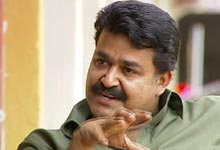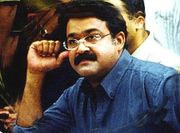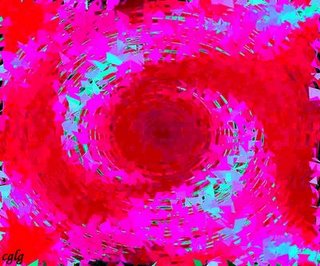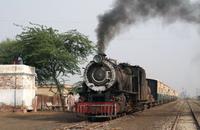"Tom Robinson, a Florida based accountant, had long wondered about his family tree. He knew that his great, great-grandfather had come to the United States from England, but beyond that his research drew a blank. So the fourty-eight-year old turned to the burgeoning field of "bioarchaeology" having his DNA tested to see what it revealed about his origins. He was in for a surprise. According to a British geneticist who pioneered the research, Robinson appears to be a direct descendant of Genghis Khan."
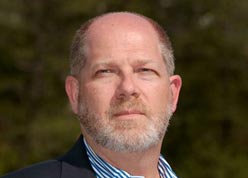
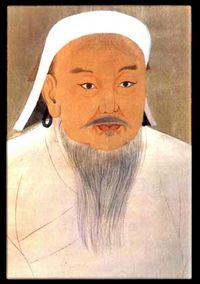
Can you see the similarity?? If, God forbid, Mr. Robinson commits forgery or homicide, you have to blame it on 'his genes'!
Researchers have identified a Y-chromosomal lineage present in about 8% of the men in a large region of Asia (about 0.5% of the men in the world). The study suggests that the pattern of variation within the lineage is consistent with a hypothesis that it originated in Mongolia about 1,000 years ago. The authors propose that the lineage is carried by likely male-line descendants of Genghis Khan, and that it has spread through social selection. In addition to the Khanates and other descendants, the Mughal royal family of India are also descended from Genghis Khan (Babur's mother was a descendant). No wonder the Mughals exhibited barbaric traits akin to their infamous ancestor.
